- Your cart is empty
- Continue Shopping

Product
Buy Onivyde (irinotecan hydrochloride trihydrate) Online
$1,037.30
DISEASE INDICATIONS: Pancreatic Cancer
MANUFACTURER: Baxalta Innovations GmbH
USAGE: Intravenous
MEDICINE APPROVED BY:
European Medical Agency (EMA)
Food and Drug Administration (FDA)
Health Canada
Therapeutic Goods Administration (TGA)
Medsafe (NZ)
Onivyde (irinotecan hydrochloride trihydrate) is a chemotherapy drug used to treat metastatic adenocarcinoma of the pancreas that has worsened despite previous cancer treatment containing gemcitabine.
What is Onivyde (irinotecan hydrochloride trihydrate) for?
Onivyde (irinotecan hydrochloride trihydrate) is a medication used to treat pancreatic cancer that has spread to other parts of the body (metastatic pancreatic adenocarcinoma). It is used in combination with other chemotherapy drugs, fluorouracil and leucovorin, in patients who have already received gemcitabine-based chemotherapy. Onivyde works by stopping the growth and multiplication of cancer cells. It is administered through intravenous (IV) infusion by a healthcare provider. It is important to be aware of possible side effects and discuss any concerns with a healthcare provider.
How does Onivyde (irinotecan hydrochloride trihydrate) work?
Onivyde (irinotecan hydrochloride trihydrate) works by inhibiting an enzyme called topoisomerase I, which is involved in DNA replication and cell division. Specifically, it binds to and stabilizes the complex formed between topoisomerase I and DNA, preventing the enzyme from relaxing the DNA strands and causing breaks in the DNA. This leads to the accumulation of DNA damage and ultimately cell death in cancer cells. Onivyde is also thought to enhance the effects of fluorouracil and leucovorin, which are administered along with it, through a pathway that inhibits the production of thymidylate, a building block of DNA.
How is Onivyde (irinotecan hydrochloride trihydrate) taken?
It should be noted that every 1 mL of the EMA approved Onivyde, marketed by Baxalta Innovations GmbH, contains 5 mg of irinotecan hydrochloride trihydrate, which is equivalent to 4.3 mg/1 mL irinotecan liposome injection. This strength is approved by the FDA and TGA.
The standard EMA dosage for Onivyde (irinotecan hydrochloride trihydrate) 5 mg/mL is an intravenous infusion of 80 mg/m2 every 2 weeks in combination with 5-fluorouracil and leucovorin. The standard FDA dosage for Onivyde (irinotecan liposome injection) 4.3 mg/mL is an intravenous infusion of 70 mg/m2 every 2 weeks in combination with 5-fluorouracil and leucovorin.
For complete information on the dosage and administration of Onivyde, please refer to the references section. It is important to consult with a doctor for a personalized dosing regimen.
Are there any known side effects of Onivyde (irinotecan hydrochloride trihydrate)?
Yes, there are several known side effects associated with Onivyde (irinotecan hydrochloride trihydrate). These side effects may vary depending on the individual and the dosage administered, and they could range from mild to severe reactions.
Some common side effects of Onivyde include:
– Diarrhea
– Nausea and vomiting
– Fatigue
– Loss of appetite
– Abdominal pain
– Constipation
– Anemia
– Hair loss
– Mouth sores
– Fever
– Neutropenia (low levels of white blood cells)
Less common but potentially serious side effects of Onivyde may include:
– Hypersensitivity reactions
– Severe diarrhea and dehydration
– Pneumonia
– Sepsis
– Liver damage
– Kidney damage
– Severe infections
It is important to contact a healthcare provider immediately if any of these symptoms arise, especially if they become severe or persistent. Patients should also report any new symptoms or side effects to their healthcare provider, as they may require medical intervention. It is recommended to discuss any questions or concerns about Onivyde side effects with a healthcare provider before undergoing treatment.
Clinical trials
The approval for Onivyde was based on the NAPOLI-1 study, which involved 417 adults with metastatic adenocarcinoma of the pancreas that had worsened despite previous cancer treatment containing gemcitabine. These patients were given either Onivyde, 5-fluorouracil plus leucovorin, or a combination of the three medicines. The primary measure of effectiveness was the survival rate of patients. The study found that the inclusion of Onivyde in the 5-fluorouracil plus leucovorin regimen resulted in longer patient survival, with those taking the three medicines living for around 6.1 months compared to 4.2 months for those taking 5-fluorouracil plus leucovorin and 4.9 months for those taking Onivyde alone.
The most common side effects of Onivyde include diarrhea, nausea, vomiting, loss of appetite, neutropenia, tiredness, weakness, anemia, stomatitis, and fever.

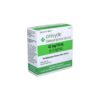
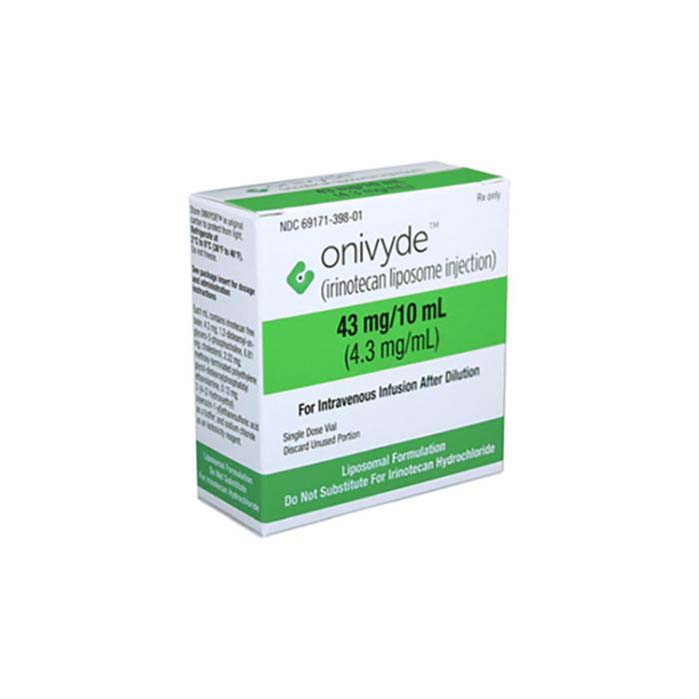
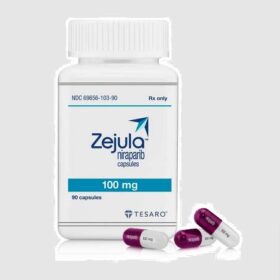


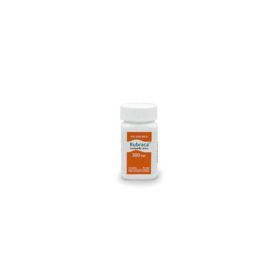
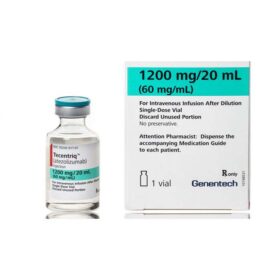


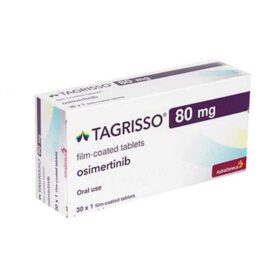



Reviews
There are no reviews yet.